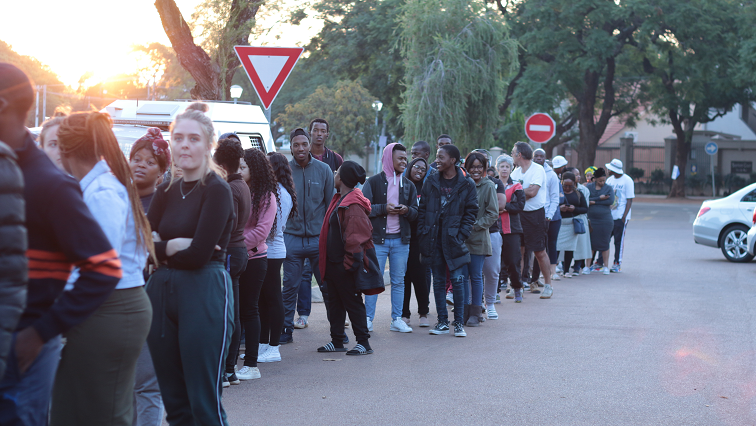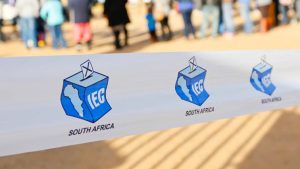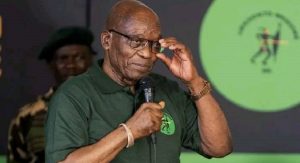While many young people have a belief that they have a duty to vote, their sense of disillusionment impacts on their showing up at the polls. This was amongst some of the findings of a number of studies conducted by electoral research bodies.
The studies, commissioned by the Electoral Commission, were conducted by the Human Sciences Research Council, as well as pan-African survey group, Afrobarometer.
They aim to gauge citizens’ perceptions, trends and attitudes regarding electoral democracy and ultimately improve the processes around voting. The findings were revealed to attendees of a seminar hosted by the IEC under the theme “Safeguarding Democracy in the Age of Growing Mistrust” .
The prospects for South Africa’s electoral democracy are worrying as interest in electoral processes decline according to the findings by the electoral research bodies. Ben Roberts is coordinator of the Social Attitudes Study at the Human Sciences Research Council.
“The dominant recurring message is that political disinterest is consistently the main reason for the intention not to vote looking back over the last 15 years. Fluctuates between around 65 percent up to about 74 and in 2018 it went as high as 78 percent so this disillusionment is really quite crucial.”
Roberts predicts that overall voter turnout in future elections will drop although this is not necessarily due to the youth abandoning their belief in their civic responsibility to vote.
“The local government elections of 2021 occurred fundamentally in the context of the lowest sense of the duty to vote figure that we have seen over the last two decades. This if it continues is really going to have a bearing on future turnout. What is interesting here is that a lot of our younger South Africans carry still that belief youngsters have for the most part in our periods of observation still shown a fairly robust sense of the duty to vote it is lower than older citizens but it is still quite deeply embedded but it is starting to shift and we worry for those who are particularly first time eligible voters or those who have yet to register to vote.”
Other barriers identified for a failure to turn up at the polls is the failure to register. There are a number of administrative and logistical reasons why this may be the case. Roberts says the introduction of online voter registration has been widely welcomed by the youth in particular. He also says that political parties have a role to play in advancing South Africa’s electoral democracy, saying while the populace is generally forgiving of unfulfilled promises there are deeper risks to the system as a whole.
“And we can see amongst 18 to 24 year olds on the blue bar and 24 to 35 year olds on the orange bar they tend to show a greater tendency towards abstention than their older cohorts so it is a concern that amongst youngsters you can see for 18 to 24 year olds, its the difference between 24 percent abstain 35 percent give them another change and the worry is that that abstention might swing upwards over time.”
Director of Afrobarometer in Southern Africa, Jan Hofmeyer, says that the youth also add a variable of fluidity and greater willingness to vote for other parties, unlike their older counterparts, who tend to be more loyal to their chosen party.
“Lets look at the demographic characteristics of those who said they do not feel close to a political party and we’ll see in terms of education levels of education this was highest amongst post secondary and secondary the more higher educated categories, it was highest amongst the lower cohorts 18 to 24 /25 and 34 particularly also in the in the provinces of Gauteng and the Western Cape.”
Hofmeyer also warns about the creeping tendency towards authoritarianism a threat for long-term electoral democracy in the country.
“Two thirds of our respondents have agreed that Parliament should make the decisions that elected officials should make the decisions. But as you can see that trajectory is going downwards and the approval for a strong man president is going up what is striking again is that there is particularly amongst our young respondents, this is higher than that of our older respondents.”
The research findings will be shared amongst stakeholders in the elections sector and are meant to to improve the efficacy of managing the country’s voting processes by the IEC ahead of the 2024 elections.






